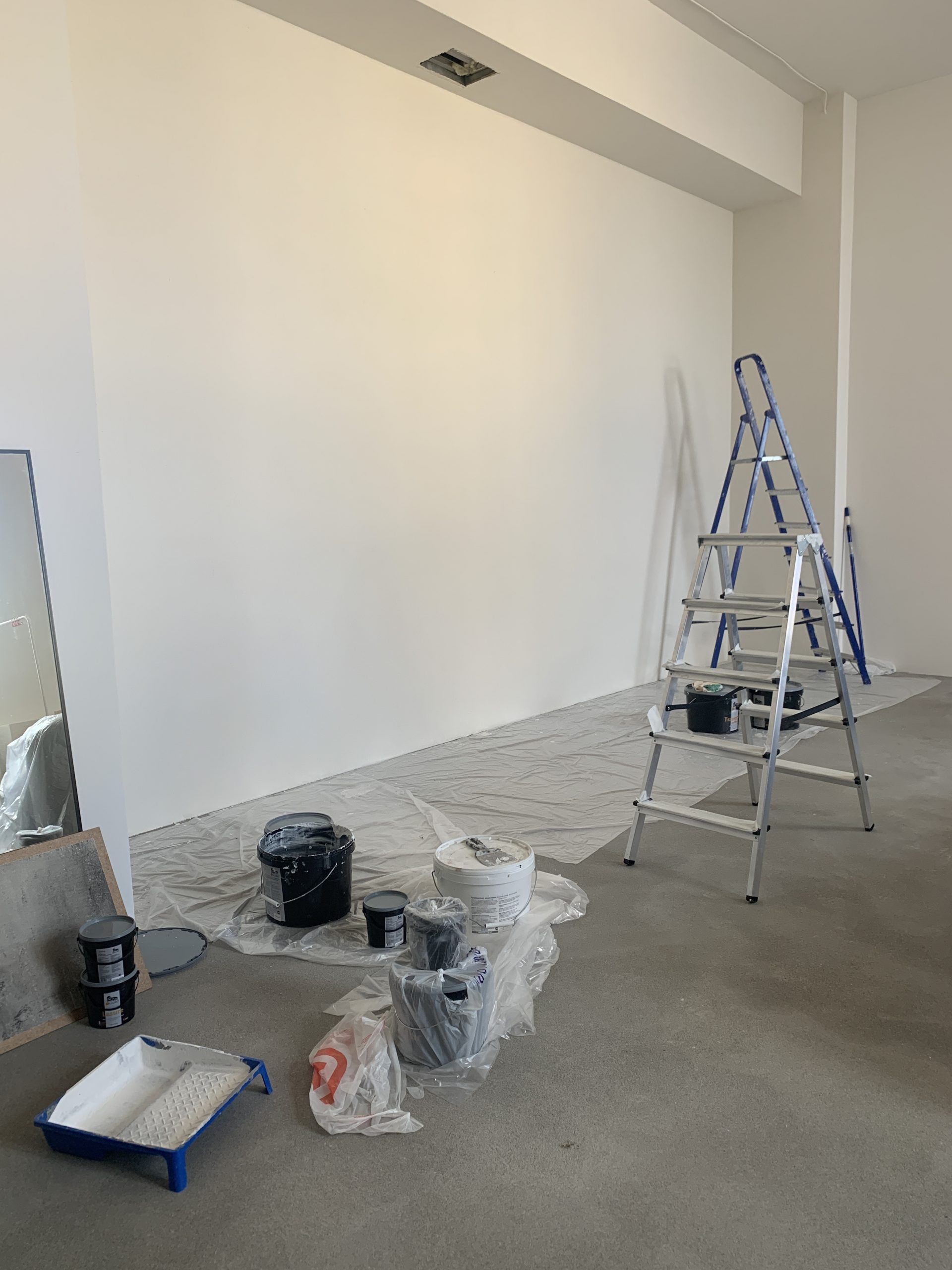As a business owner or manufacturer in Utah, it is crucial to have a comprehensive understanding of product liability insurance. This essential coverage can protect you from the financial repercussions of potential product-related claims and lawsuits. In this article, we will explore the intricacies of product liability insurance in Utah, discussing its importance, coverage options, and legal requirements. By delving into the specifics of this insurance, you will gain valuable insights that will empower you to make informed decisions and mitigate the potential risks associated with your products.

Overview of Product Liability Insurance
Product liability insurance is a crucial aspect of risk management for businesses that manufacture, distribute, or sell products. This type of insurance provides coverage for any legal liabilities that may arise due to a defective or harmful product. In the event of a lawsuit, product liability insurance can help protect businesses from costly settlements, legal fees, and damages. It is designed to safeguard businesses from financial loss and reputational damage that can result from product-related claims.
Importance of Product Liability Insurance
Product liability insurance is of utmost importance for businesses in Utah, as it helps mitigate the financial risks associated with product-related claims. Without proper coverage, businesses can face significant financial hardships in the event of a product defect or injury. Product liability insurance provides peace of mind and protection to business owners, allowing them to focus on their core operations without having to worry about the financial repercussions of a product liability lawsuit.
Legal Requirements for Product Liability Insurance in Utah
Although Utah does not have specific legal requirements mandating product liability insurance, it is highly recommended for businesses to have this coverage. In the absence of insurance, businesses are solely responsible for any legal liabilities resulting from product defects or injuries. By obtaining product liability insurance, businesses comply with the ethical and moral obligations of ensuring consumer safety and protecting their own financial interests.
Types of Product Liability Insurance Coverage
General Liability Insurance
General liability insurance provides coverage for a wide range of general business liabilities, including product-related claims. It typically covers bodily injury, property damage, and personal injury caused by a defective product. General liability insurance is essential for businesses as it offers broad coverage for various types of risks, not limited to product liability alone.
Product-specific Liability Insurance
Product-specific liability insurance is tailored to the unique risks associated with a particular product or product line. This type of coverage is suitable for businesses that specialize in manufacturing or selling specific products. It offers comprehensive protection against product-related claims and can be customized to the specific needs of the business.
Completed Operations Liability Insurance
Completed operations liability insurance provides coverage for claims arising from work or products that have been completed or delivered. It protects businesses against potential defects or injuries that may emerge after the completion of a project or delivery of a product. This coverage is particularly relevant for businesses involved in construction, manufacturing, or product installation.
Determining Liability in Product Liability Cases
In product liability cases, there are several legal doctrines that can help determine the liability of the parties involved. These include strict liability, negligence, and breach of warranty.
Strict Liability
Strict liability holds manufacturers, distributors, and sellers responsible for defects in their products, irrespective of their level of care or negligence. In Utah, the strict liability doctrine emphasizes that businesses are accountable for injuries caused by defective products, regardless of fault.
Negligence
Negligence in product liability cases refers to the failure of a manufacturer, distributor, or seller to exercise reasonable care in ensuring that a product is safe for its intended use. Negligence claims require establishing that the responsible party owed a duty of care, breached that duty, and that the breach resulted in harm or injury.
Breach of Warranty
Breach of warranty occurs when a product’s actual performance deviates from the claims made by the manufacturer or seller. There are two main types of warranties: express warranties, which are explicitly stated, and implied warranties, which arise from the sale of goods. In Utah, businesses can be held liable for injuries resulting from breached warranties.
Coverage Limits and Policy Exclusions
Product liability insurance policies have coverage limits that define the maximum amount the insurance company will pay per occurrence or aggregate. These limits are agreed upon when purchasing the policy and can vary depending on the nature of the business and the level of risk associated with the products. It is essential for businesses to carefully assess their coverage needs and choose appropriate limits to ensure adequate protection.
Insurance policies also contain exclusions, which are specific situations or risks that are not covered by the policy. Common exclusions in product liability insurance include intentional acts, fraud, product recalls, and product defects that were known or should have been known prior to obtaining coverage. It is important to review policy exclusions to fully understand the extent of coverage and any potential gaps that may exist.

Costs Associated with Product Liability Insurance
The costs associated with product liability insurance can vary depending on several factors, including the nature of the products, the size of the business, and the coverage limits desired. Businesses can expect to incur the following costs when obtaining product liability insurance:
Premiums
Premiums are the regular payments made by businesses to their insurance providers in exchange for coverage. The amount of premiums is determined based on the level of risk associated with the products, the claims history of the business, and the coverage limits chosen. Insurance providers assess these factors to determine the likelihood of claims and set the premiums accordingly.
Deductibles
Deductibles refer to the amount that the insured business must pay out of pocket before the insurance coverage kicks in. Higher deductibles typically result in lower premiums, while lower deductibles provide more immediate coverage but may lead to higher premium costs. It is essential for businesses to carefully evaluate their risk tolerance and budget when choosing a deductible amount.
Self-insurance Options
For larger businesses with significant financial resources, self-insurance may be a viable option. Self-insurance involves setting aside funds to cover potential product liability claims. This approach allows businesses to have more control over claim payouts and avoid paying premiums to insurance providers. However, self-insurance requires careful risk assessment and adequate financial reserves to ensure a business can cover any potential losses.
Benefits of Product Liability Insurance
Product liability insurance offers a range of benefits to businesses in Utah. Some of the key advantages include:
-
Financial Protection: Product liability insurance safeguards businesses from significant financial losses resulting from product-related claims. It covers legal defense costs, settlements, judgments, and any awarded damages.
-
Reputational Protection: Being involved in a product liability lawsuit can tarnish a business’s reputation. Product liability insurance provides resources to manage public relations and mitigate any damage to a company’s image, allowing businesses to retain their customer base and maintain public trust.
-
Compliance with Ethical Standards: By obtaining product liability insurance, businesses demonstrate their commitment to consumer safety and ethical business practices. This not only helps protect the interests of consumers but also promotes a positive corporate image within the community.
-
Peace of Mind: Having comprehensive product liability insurance gives business owners peace of mind, allowing them to focus on their operations without constant worry about potential financial risks. This peace of mind can lead to enhanced productivity and a greater sense of security for business owners and their employees.

Common Product Liability Claims in Utah
Utah, like any other state, sees a variety of product liability claims. Some of the common types of product liability claims in Utah include:
-
Defective Medical Devices: Cases involving defective medical devices, such as implants or prosthetics, can result in serious injuries or complications for patients. Businesses involved in manufacturing or distributing medical devices are at risk of facing product liability claims related to such defects.
-
Dangerous Pharmaceuticals: Claims related to dangerous or defective pharmaceuticals can arise if a medication causes harm, fails to work as intended, or lacks proper warnings or instructions.
-
Defective Consumer Products: Defective consumer products, such as electronics, appliances, or toys, can lead to injuries or property damage. Manufacturers, distributors, and sellers of these products may face product liability claims if injuries occur due to defects.
Steps to Take in Case of Product Liability Lawsuit
If your business becomes involved in a product liability lawsuit in Utah, it is essential to take the following steps:
-
Contact an Attorney: Immediately seek the guidance and representation of an experienced product liability attorney who specializes in Utah law. A skilled attorney will guide you through the legal process, protect your rights, and work towards a favorable outcome.
-
Preserve Evidence: Preserve all evidence related to the product in question, including documents, records, product samples, photos, and any other relevant materials. This evidence will play a crucial role in establishing liability and defending your case.
-
Cooperate with Investigations: Cooperate fully with any investigations conducted by regulatory bodies, such as the Consumer Product Safety Commission (CPSC), and provide them with the requested information. Compliance with regulatory authorities is crucial to maintaining credibility and demonstrating commitment to consumer safety.
-
Assess Insurance Coverage: Review your product liability insurance policy to understand the extent of your coverage and any applicable deductibles or exclusions. Notify your insurance provider promptly about the claim and seek their guidance on the next steps.
-
Build a Strong Defense: Work closely with your attorney to build a strong defense strategy. This may involve gathering expert witness testimony, analyzing product specifications, consulting industry experts, and preparing a comprehensive legal argument.
With proper guidance from an experienced attorney and an understanding of the necessary steps, businesses can navigate a product liability lawsuit effectively and minimize potential financial and reputational damage.
Frequently Asked Questions
1. Is product liability insurance mandatory in Utah? Product liability insurance is not legally required in Utah. However, it is strongly recommended for businesses to protect themselves from potential financial losses resulting from product defects or injuries.
2. What is the role of strict liability in product liability cases? Strict liability holds manufacturers, distributors, and sellers responsible for defects in their products, regardless of their level of care or negligence. Under strict liability, businesses can be held liable for injuries caused by defective products, irrespective of fault.
3. What factors determine the cost of product liability insurance premiums? Premiums for product liability insurance are determined based on various factors, including the nature of the products, claims history, coverage limits, and the risk profile of the business.
4. Can businesses self-insure for product liability claims? Self-insurance is an option for larger businesses with significant financial resources. It involves setting aside funds to cover potential liability claims, allowing businesses to have more control over the claim process and avoid paying premiums to insurance providers.
5. How can product liability insurance benefit businesses beyond financial protection? Product liability insurance not only provides financial protection but also helps safeguard a business’s reputation, promotes ethical standards, and offers peace of mind to business owners and employees. It demonstrates a commitment to consumer safety and responsible business practices.
Note: The above answers are provided for informational purposes only and should not be considered legal advice. Consulting with an experienced product liability attorney is essential for specific legal guidance tailored to your circumstances.